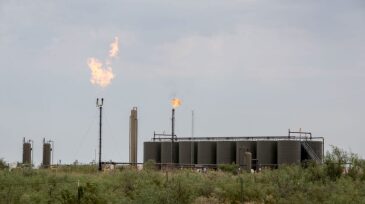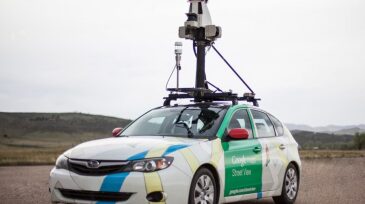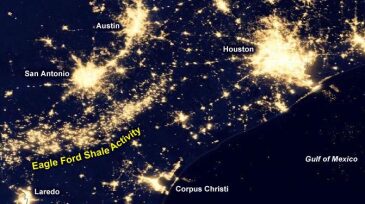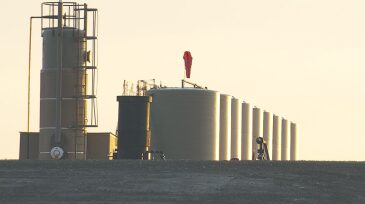fugitive emissions
-
Large methane emissions occur from a wide variety of oil and gas industry sites with no discernable patterns, thus requiring methods to monitor for these releases throughout the production chain. This paper describes a continuous monitoring system based on the Internet of Things using methane concentration sensors permanently deployed at facilities and connected to a…
-
Oil and gas companies are betting on the use of drones and robots for leak detection and methane emissions reduction.
-
A methane-quantification tool was developed by Petronas on the basis of applicable methane sources listed in guidelines produced by the Oil and Gas Climate Initiative.
-
A study of a limited number of decommissioned oil and gas wells in England found no evidence of methane leaks, including four wells found to be leaking in an earlier study.
-
The suite of tools includes a digital platform for sharing emissions data, an agreed set of definitions that nails down what different terms mean, a single set of metadata definitions, and an API through which users can access data. When used together, these tools provide an integrated perspective on what emissions are coming from where.
-
The major rule change adopted this month also gives oil and gas producers a deadline to capture 98% of their produced gas by 2026.
-
Emissions of methane from the industrial sector have been vastly underestimated, researchers from Cornell University and the Environmental Defense Fund have found.
-
Proposed changes would modify EPA's August 2016 final rule, "Oil and Natural Gas Sector: Emission Standards for New, Reconstructed, and Modified Sources." The proposal has been submitted for publication to the Federal Register. Following that publication, the EPA will accept comments for 60 days.
-
Are fugitive releases of natural gas and flaring environmental concerns? Can these be ameliorated today and even better in the future? Yes and yes.
-
The importance of reducing emissions of methane, a short-lasting but powerful atmospheric greenhouse gas (GHG), received close attention from panelists at an IHS CERAWeek strategic dialogue, Tightening the Valves on Global Methane Emissions.

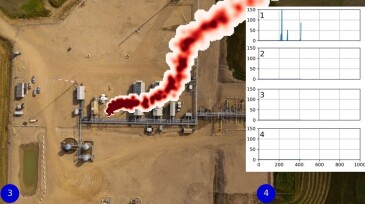
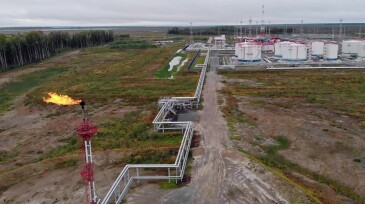
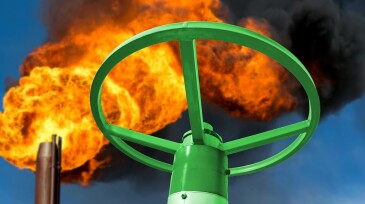
![Hero_England decomm study Map[2].jpg](https://assets.spe.org/dims4/default/1340410/2147483647/strip/true/crop/1024x572+0+111/resize/365x204!/quality/90/?url=http%3A%2F%2Fspe-brightspot.s3.us-east-2.amazonaws.com%2Ff1%2Fa7%2Faf022d414b7fa6e8095a8c91b91e%2Fhero-england-decomm-study-map2.jpg)

